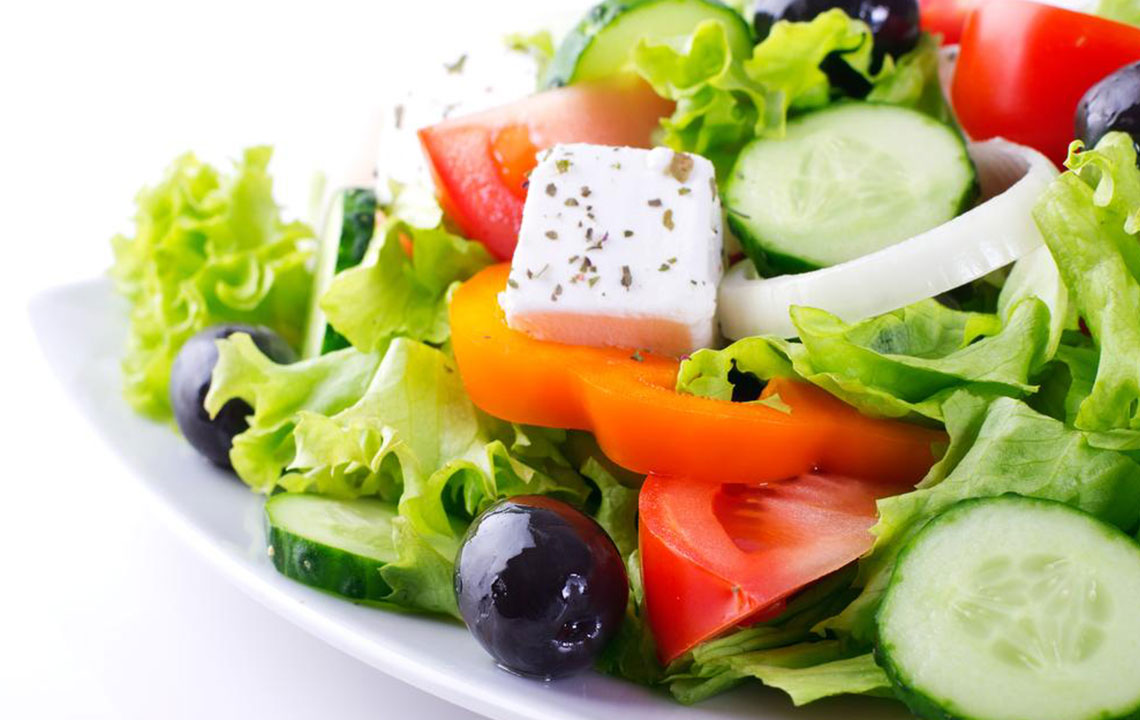Key Nutritional Tips for Women's Optimal Health
Discover essential nutritional tips tailored for women's health, focusing on calcium, iron, vitamin D, and more. This guide highlights dietary strategies to support bones, boost immunity, and manage hormonal changes, ensuring overall well-being at every stage of life.

Key Nutritional Tips for Women's Optimal Health
A well-balanced diet is essential for maintaining overall health and vitality. The nutrients derived from a variety of foods support crucial bodily processes. Women, in particular, need a specialized diet to accommodate changes from puberty, pregnancy, and breastfeeding, which influence their health and that of their children.
Proper nutrition boosts mood, enhances fertility, manages PMS and menopause symptoms, reinforces bones, and supports pregnancy and lactation stages.
Post-puberty, women undergo hormonal changes that require dietary modifications to address nutritional deficiencies. They consume fewer calories but need higher intake of vitamins and minerals than men, especially during menstruation, pregnancy, and menopause, which can elevate risks of anemia and osteoporosis. Nutrients such as folates, calcium, iron, magnesium, and vitamin D are essential daily.
Foods that benefit women include diverse nutrient-rich options:
Calcium
Calcium supports dental and bone strength and aids the nervous and cardiovascular systems. Deficiency can cause sleep problems, depression, and irritability, while low calcium levels lead to bone demineralization and increased osteoporosis risk. Aim for approximately 1000 mg daily, increasing to 1200 mg after age 50. Dairy products, leafy greens, fish, tofu, and cabbage are good sources.
Vitamin D
To enhance calcium absorption, include foods rich in vitamin D and spend about 30 minutes daily in sunlight. Sources include eggs, seafood like salmon and shrimp, fortified dairy, and cod liver oil.
Magnesium
Magnesium plays a role in calcium metabolism and helps prevent deficiencies. Good sources are broccoli, celery, seeds, green beans, and fish such as halibut.
Iron
Women need more iron due to menstrual blood loss and pregnancy. Insufficient iron can cause fatigue, breathlessness, and mood issues. Iron-rich foods include lean meats, nuts, cereals, beans, and leafy greens.
Folate
Folates, or vitamin B9, are critical for pregnant women to reduce birth defect risks. They also support cardiovascular health and emotional well-being. Sources include legumes, green vegetables, fruits, and nuts.
Foods to Limit
A balanced diet should avoid high-calorie, sugary, and fried foods to maintain a healthy weight. Limit consumption of sugary drinks, sweets, fried items, and saturated fats. Choosing low-fat dairy and moderate alcohol intake also benefits health.
Disclaimer:
Our articles aim to provide helpful information but are not substitutes for professional medical advice. Always consult healthcare professionals for personalized health recommendations. Stay informed about available programs or offers tailored to your needs.


